K-pop or Korean pop music is becoming very popular in the United States, among several other countries.
It's upbeat and 90s nostalgic boy and girl bands are heating up and swooping global music charts. With the rise and crossover of the hit boy group BTS and the viral girl band BlackPink, more and more k-pop is heard in stores, radio and even commercials in America.
As a self-titled k-pop pro, I've listened to the genre for over half a decade. Because of that, I'm able to navigate the genre and fandom with ease without upsetting a certain "stan" or fandom group to a decent extent. So, I have created a list of basic things you need to know about k-pop fans and the music genre itself. Here are 11 things you need to know from the mind of a k-pop listener.
1. We don't push our music on you... on purpose.
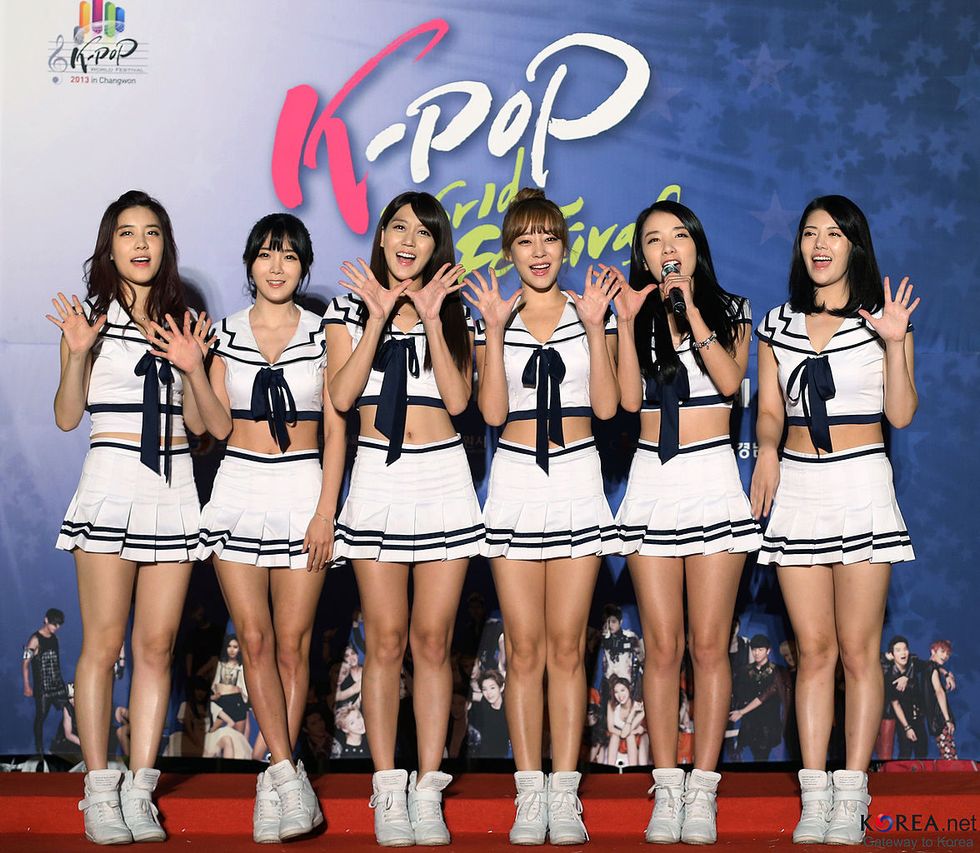
Just because we listen to k-pop doesn't mean we are going to be annoying about it. We're not trying and forcing to convert people to listen.
2. Ask questions!

If you have a question. Ask! Now, we might be a little excited you showed interest, but we will answer any questions you have about k-pop culture.
3. K-pop is produced to be popular.

Don't feel weird if you find yourself bobbing your head to a k-pop song; it's blended with multiple beats and English words to make it successful abroad. So don't feel bad for "gettin' down" to some Red Velvet or Monsta X. We're not judging!
4. The genre is meticulously produced and created like toys in a factory.

Everything has a dark side and K-pop culture is no exception. K-pop Idols are worked day-in-and-day-out in multiple aspects of their life. They are put under intense physical regiments and practice until they are past being in pain. Because of this, you might see a K-pop Idol faint or fall during a performance, and it's all about using them as a form of capital and export for the country. In some cases, this is a cause for alarm... but also when you think about it, they did sign to very concrete and strict contracts.
5. It comes from South Korea
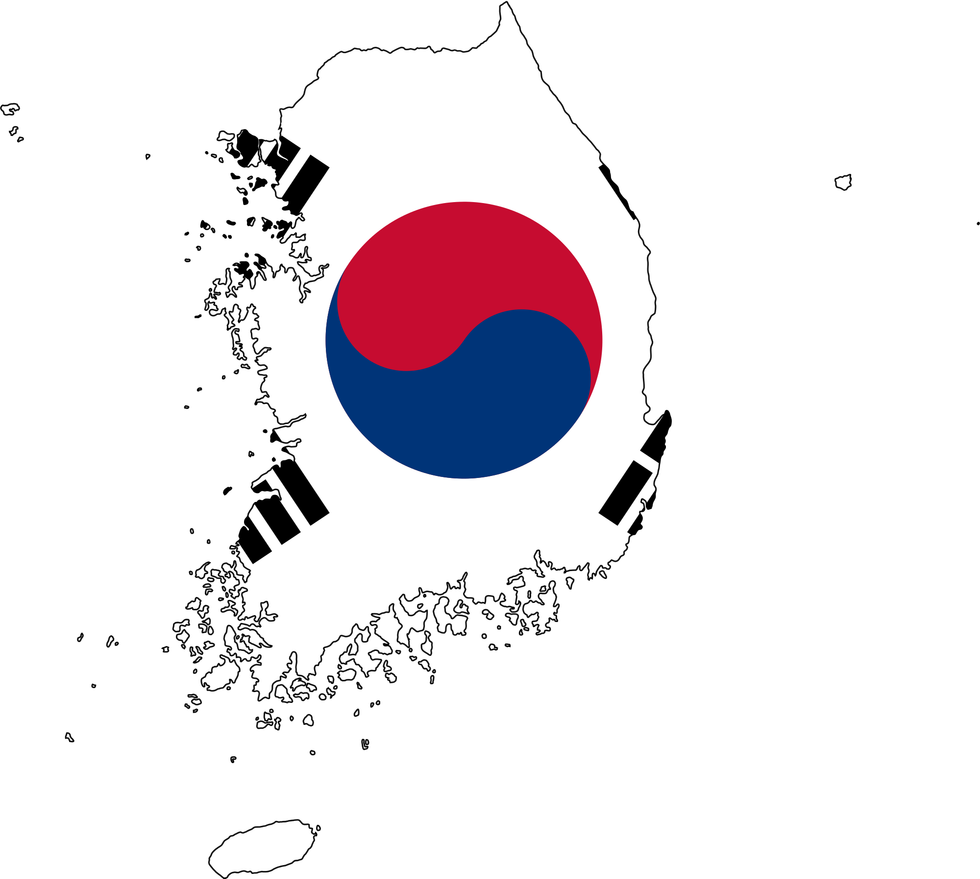
Now this one is kinda self-explanatory. But k-pop does not come from North Korea at all. South Korea is a major free artistic culture and has many facets of pop culture. North Korea is one of the strictest dictatorships still in existence today.
6. It's dominated by the Big 3

Twice- JYP Entertainment
GiphyMuch like companies in America, there is a certain set that basically runs the entire industry. They are JYP Entertainment,
SM Entertainment and YG Entertainment.
7. They upgrade the boy/girl band formula
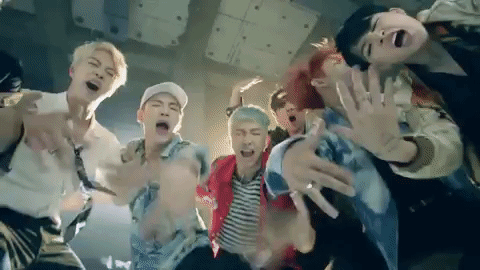 Giphy
GiphyK-pop thrives on the old 90's boy band and girl band formulas like NSYNC and Destiny's child, but upscale it to 1000%. Co-ed bands and solo artists do exist but are fairly rare in mainstream k-pop. So, enjoy some nostalgic feelings while watching new girl bands thrive and slay on the daily.
8. We fangirl/boy a lot.
 Giphy
GiphyOkay, I'm not proud of it, but I was in Target the other day and heard BTS on the music loudspeaker and I kid you not, these were my exact words when I yelled (not on purpose!) very loudly, "Oh my God! Is that BTS?! Target really got it on lock! Wow! Look at my k-pop boys go!"
And with that, I would like to formally apologize for any k-pop fangirls/boys who may have made you uncomfortable... it's not their intention, trust me.
9. We like other music too.
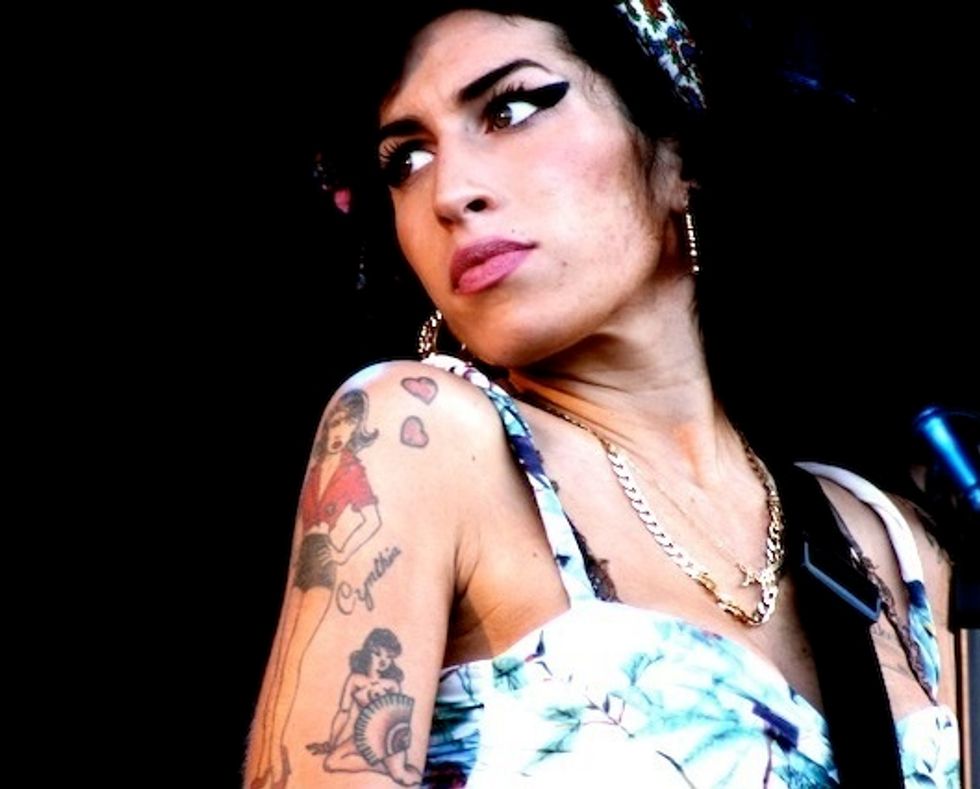
Don't get me wrong, there are some k-pop fans out there who live and breathe it, but for the most part, we listen to other music as well. My music library is very wide. One minute I could be jamming out to BlackPink or EXO and then be boppin' out to my girl Amy Winehouse.
10. It's one of south Korea's main exports.
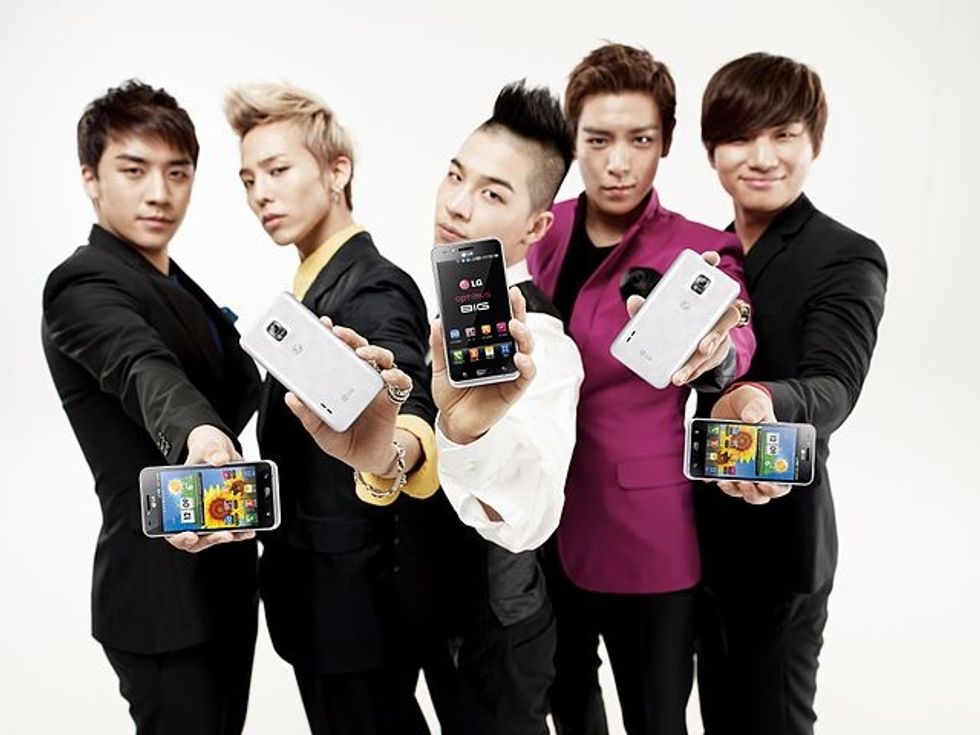
I'm not joking... South Korea's main cultural exports are LG, Samsung products and k-pop. A very sizable and decent chunk of their economy comes from revenue and ticket sales from their cultural exports such as k-pop and record sales from entertainment companies.
11. It's spreading like wildfire.
 Giphy
GiphyK-pop is a part of a new cultural phenomenon that's taking over. It's called the Korean wave or Hallyu wave—where the introduction or the influence of Korean culture is being implemented in other countries. Different companies are starting to do more collaborations with Korean companies, and many pop idols and artists are as well. It's not just in America, either; it's happening in Thailand, India, and many other countries in the world.
- 12 Concepts and Styles in K-Pop ›
- Top Five Reasons Why You Should Be Listening To K-Pop ›
- A Breakdown Of K-Pop For The Unsure Beginner ›
- Yes, I Listen To K-Pop, No, I'm Not Weird ›
- Why K-Pop Is Taking Over The World ›




 Today I am
Today I am  Go to the gym
StableDiffusion
Go to the gym
StableDiffusion
 Listen to more music
Photo by
Listen to more music
Photo by  Have more patience
StableDiffusion
Have more patience
StableDiffusion













